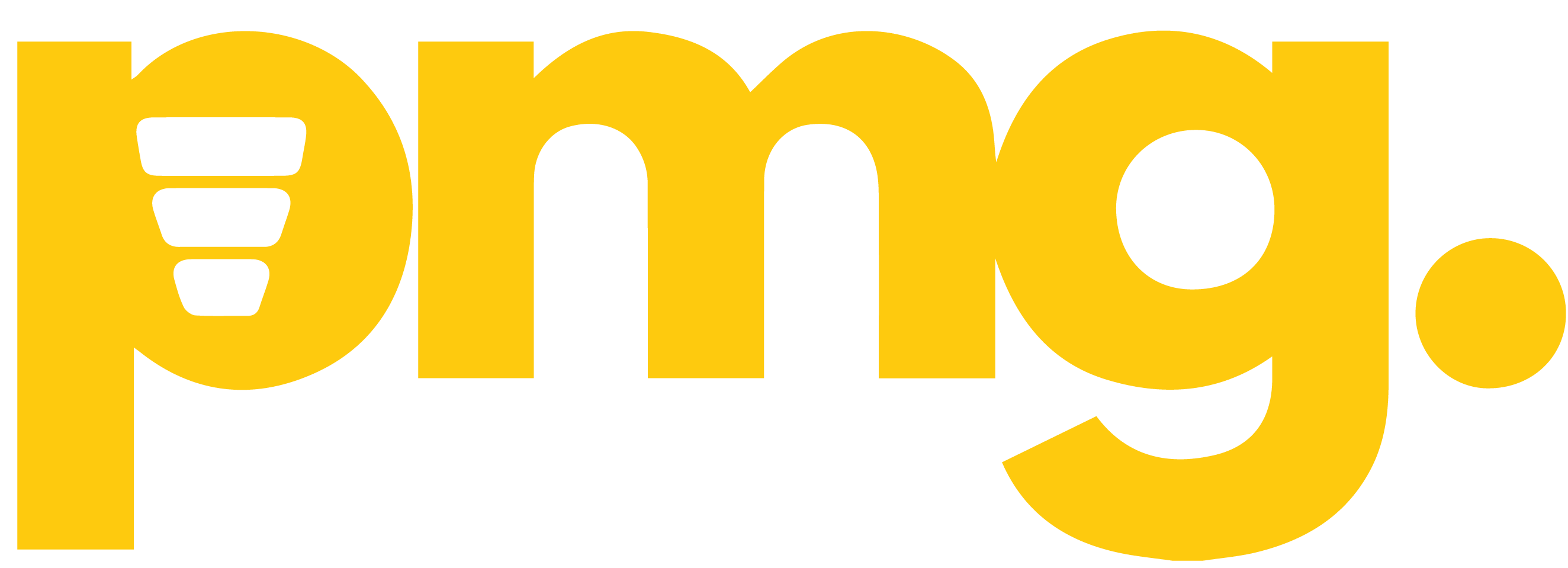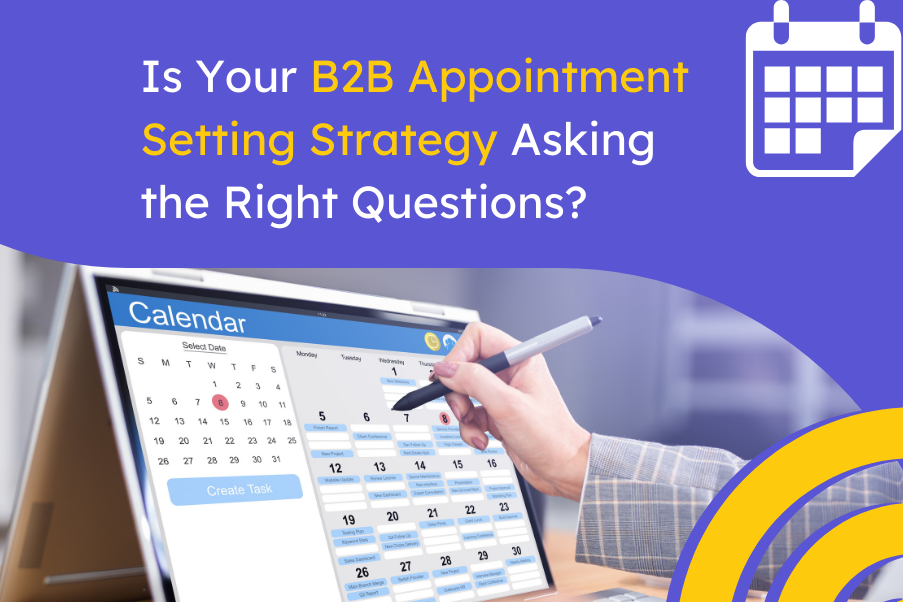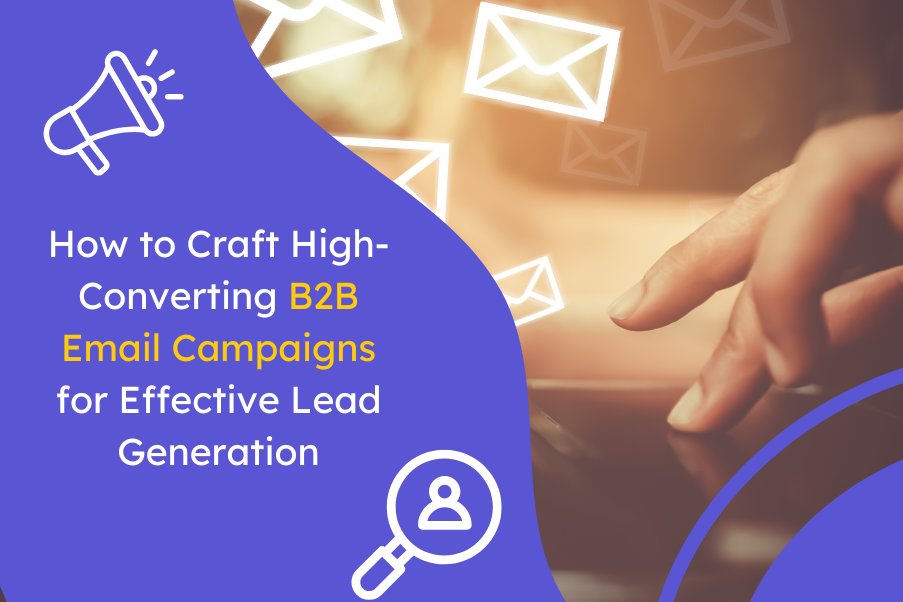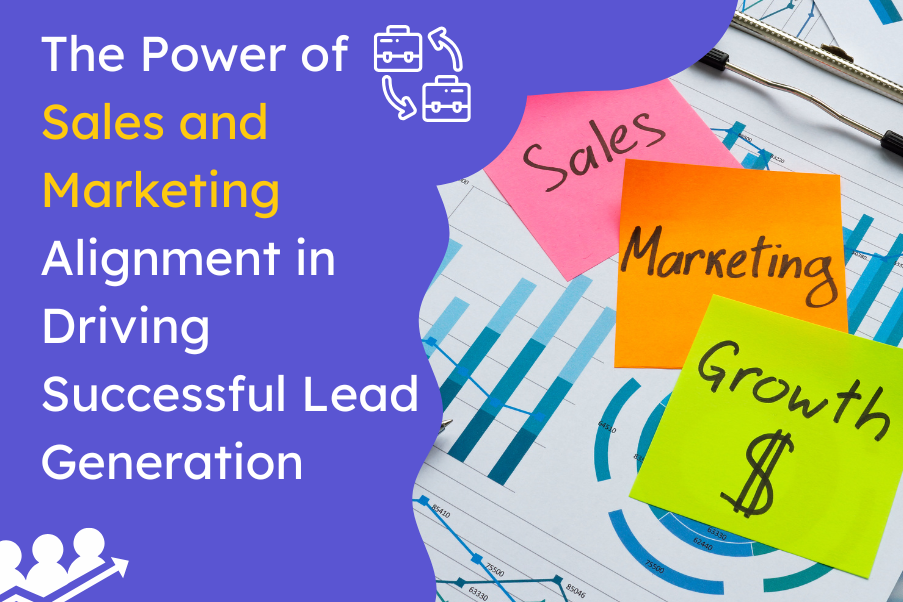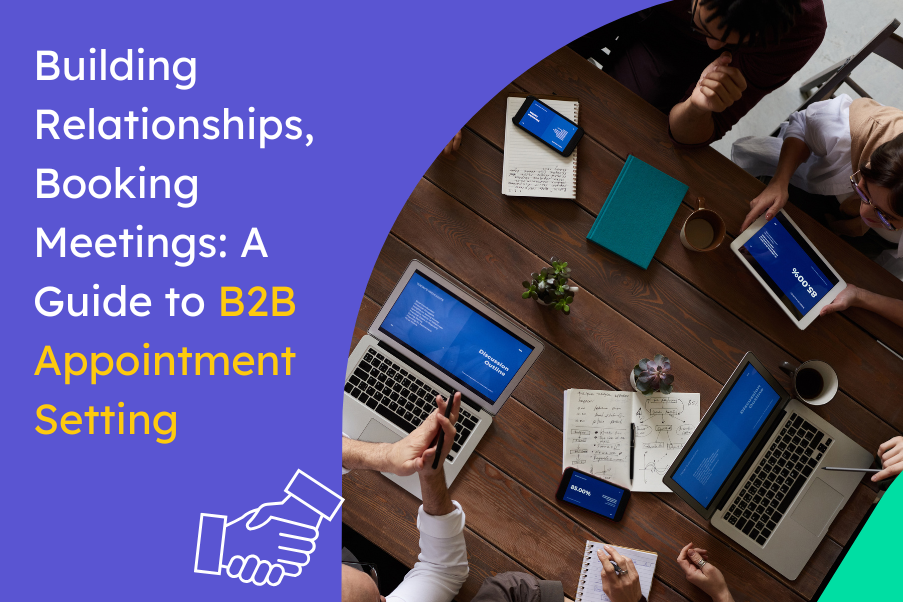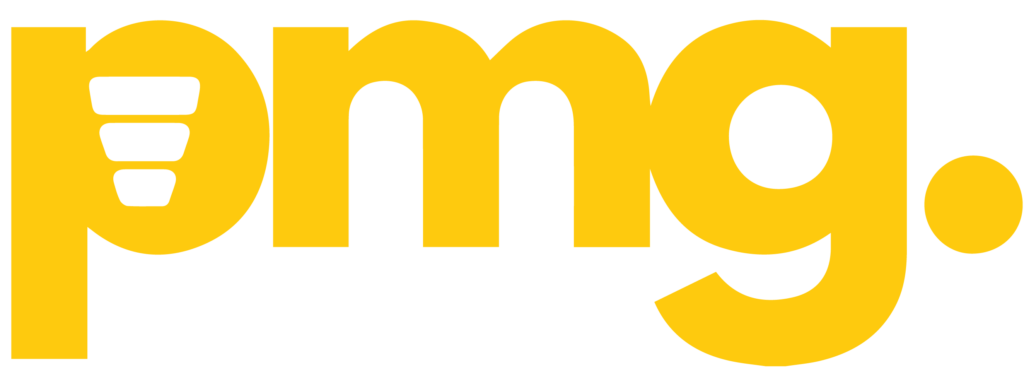Is Your B2B Appointment Setting Strategy Asking the Right Questions?
Setting appointments in the B2B space is one of the most important elements of the future business partnership. It means going beyond arranging meetings; it creates room for future vital business partnerships. It is all about contacting prospects, understanding their needs, and offering solutions that make conversions.
The B2B appointment setting services would also focus on booking appointments toward more substantive sales conversations.
In short, ask the right questions. Thoughtful and “open-ended” questions will yield insight, trust, and a rapport that turns cold calls into productive conversations. This blog will open the door to the potential of the right questions to change how you approach your B2B appointment setting process, and it promises to boost your success with sales. Let’s jump in with some B2B appointment setting tips that can help you get ahead in your sales process!
The Importance of Asking the Right Questions
Haven’t you called customer support only to be transferred from person to person and told that you would have to tell your story over and over? It’s like there is no one caring as long as the phone call is done. Take that relationship and apply it to B2B appointment-setting companies: Ask too many needless questions, and suddenly your chances of getting that appointment slip right out the window with your prospect thinking in all likelihood that no one is listening to what he or she is after. B2B appointment setting companies know that this is important because establishing rapport is the first step towards total eleventh-hour engagement.
Questioning lets the prospect think along with you, not just gather data when asked the right way. It gives direction to find out what the real challenges and goals of the prospect are. Therefore, incisive questions build trust with your company and make you an expert, thus positioning your solution as being the best fit for their needs. This is why the best B2B appointment setting companies focus on asking the right questions that will lead to building long-term relationships with their clients.
Even the biggest professionals sometimes go wrong in their questioning methods. Here is one that works for most B2B appointment setting services when prowling around and dripping clients dry: 5-Phase Hourglass Needs Analysis.
5-Phase Hourglass Needs Analysis
- Establish Connection: Start to build a personal connection with the client, showing real interest in their business. Clearly state the reason for the discussion and set expectations. Use open-ended questions designed to draw the client into sharing their goals and concerns in a relaxed manner.
- Identify Their Needs: Explore the client’s goals, challenges, and pain points through thoughtful questions backed by prior research. Ask about their industry, specific challenges, and business objectives to gain a deeper understanding.
- Define Priorities: Summarize the insights gathered and encourage the prospect to rank their most urgent needs. Concentrate on the primary issue you can solve efficiently, transforming it into a clear action point for collaboration.
- Explore the Priority: Expand the discussion to gain a comprehensive understanding of the top concern. Use targeted questions such as:
- “Why has this become a critical priority now?”
- “How would resolving this issue benefit your business?”
- “What specific features would the ideal solution include?”
- Agree on Next Steps: Determine specific roles for both parties involved. Also, allocate a task for the prospect to create accountability and commitment in progress.
Key Types of Questions in B2B Appointment Setting
- Closed-Ended Questions: Typically, a simple “yes” or “no” will suffice to answer these questions, which makes them very productive in terms of speed Qualifying LeadsB2B appointment-setting techniques.
- In qualification or in gathering certain specific details. They are highly effective in rapid lead generation and qualifying leads, making them ideal for the early stages of the appointment setting workflow. For example, “Do you use something like our solution now?” helps you assess whether there is anything with which this offer aligns and is often used to lead generation efforts that make possible rapid qualification.
- Open-Ended Questions: These questions call for a little more thought in answering, hence the insight into the prospective client’s situation, needs, and problems. This type of question helps uncover pain points, which is crucial for a successful appointment setting process. For example, “What is the greatest struggle your current process faces?” will lead to a discussion of the state of their troubles and facilitate a greater understanding of what their needs are and how they can be better refined into your sales pipeline.
- Probing Questions: Probing questions follow up on the prospect’s responses to get him one step closer to action. The prospect’s views are deepened with subsequent questions so that underlying issues may be uncovered, including greater pain points. If a particular challenge incompetently raised ceases, for example, one can try asking the prospect, “Can you elaborate further on what’s been holding back your progress?” With such narrowing questions, you will be uncovering causes and will further understand their needs. Probing questions: Don’t just scratch the surface; dig deeper and uncover all the facts that will guide your solution.
Closed-ended, open-ended, and probing questions build a comprehensive understanding of a prospect’s situation for faster qualification, discovery of pain points, and continued understanding of your decision-making process.
The Risks of Asking the Wrong Questions
Asking the wrong questions during a sales conversation or oh-so-important client discussions may have many risks that will throw the path of building relationships and forming solutions astray:
Misunderstanding the Needs of the Prospect:
Inadequate queries can generate unclear and inconsistent responses resulting in tussles between people. If questions posed are close-ended instead of open-ended questions, one could miss out on some relevant details, and one could find proposals that do not fit the real needs. This might be a hindrance to the success of B2B lead generation services.
Trust and Credibility Damage:
However, when it comes to asking questions that have not made much sense, of course, it would make you lose the trust of your prospect. Without that, they may think that you are not listening to their needs, which will be detrimental to your credibility and will hinder your progress. Therefore, it is also necessary not to shake the trust in the workflow of appointment setting into your sales pipeline.
Building No Relationships with Customers:
Wrong questions, and then especially if they are very transactional or merely qualification-focused, are impersonal. Usually, the relationships are built on understanding and trust, and asking questions that do not create a connection with prospects on a deeper level blocks the way to moving them forward collaboratively.
Missing Critical Chances to Gain Insights:
Asking too narrow or specific questions limits the acquisition of very broad, important insights into the prospect’s business. Open-ended questions are important in revealing pain points that the prospect himself may not have thought of or expressed, and it can mean missing valuable information you could use to build your offer or solution.
Stalling Progressions and Minimizing Efficiency:
A poorly worded question can halt a conversation and create confusion or simple frustration. If you ask the wrong questions, the prospect will not be able to fully express what it is that he wants, resulting in an ineffective sales cycle and prolonged decision-making processes. The same process will affect the whole lead-generation process and reduce the effectiveness of your B2B appointment setting process.
You may, however, miss the true needs of the prospect, suffer from loss of credibility, and make the opportunity to add value revolve around the wrong questions. Thoughtful, targeted questions should prompt trust, unearth hidden pains, and reinforce a significant conversation that leads to strong and fruitful.
Crafting the Right Questions for Your B2B Appointment Setting Strategy
Probing the right questions is part of engaging prospects and driving the movement of conversations in targeted lead generation USA and B2B appointment settings. Below are some helpful tips for coming up with important strategic questions that tackle thoughtful and relevant ways depending on your prospect’s needs:
1.Make Questions Strategic and Thoughtful
Questions should do more than collect information; they need to show that you understand your prospect’s challenges. Get beyond the obvious and ask questions that draw toward a more profound understanding of their business problems. The research can then focus the conversation on those areas that will allow your solution to have the most impact.
Example Questions:
- How are you managing the scalability and everything in systems integration controlling as you expand? (For tech companies)
- What actions do you take to optimize your supply chain based on the latest industry changes? (For manufacturing companies).
2.Personalize Your Questions
- There is no one-size-fits-all for B2B appointment setting. Shape your questions on individual industry, company size, and specific business obstacles the prospect faces. A personal touch in questions will demonstrate an ability to connect with the prospective customer as well as that you’ve done your homework. For example, “What’s your greatest frustration in managing customer relationships?”
3.Questions for Each Stage of the Appointment Setting Process
It’s vital to know at what time to ask a particular kind of question if you want to lead the conversation well. Here’s the way to ask questions at different stages:
- Initial Contact: “What are your current top business priorities, then?”This is an open-ended question that will allow you to quickly gauge the most pressing concerns of your prospect. Forms the foundation for future conversation; then, you’re showing interest in their top real priorities.
- Qualification: “How are you managing [specific challenge] currently?”That question will help you know what they are doing right now to solve their problems and what kind of pain they are going through. Treated under a threat they are currently facing, it would help you spot what is lacking in their solution and lead you to a more narrow conversation.
- Follow Up: “What has been the development since we last spoke?” That question would keep you abreast of developments in their progress and anything new that shifted priorities. It showed concern on your part about the relationship you are steadily building and your readiness to understand their business needs.
4.Make Sure to Listen and Adapt
A very important element of questioning on right questions is responsive listening while the answer is being given. It’s not just about having your turn in talking to draw on what you have learned to direct the next move in the conversation. Adapting makes it possible to develop rapport and discover deep needs that might have gone unnoticed, thus really taking them beyond a general sales conversation.
The best B2B appointment setting services in the USA emphasizes asking questions that are essential in understanding the interest-based needs of your prospect while building trust. Strategic, thoughtful, and personalized questions bring out challenges and position your solution as the best match. On the other hand, wrong questions lead to lost opportunities and eroded trust. Mastering the art of crafting meaningful questions gives your appointment a touch of productive conversation, paving the way for sales success.
Are you ready for the next level of your B2B appointment setting? PMG B2B is all about personalized and targeted high-performance strategy. So let’s talk and elevate your business!
